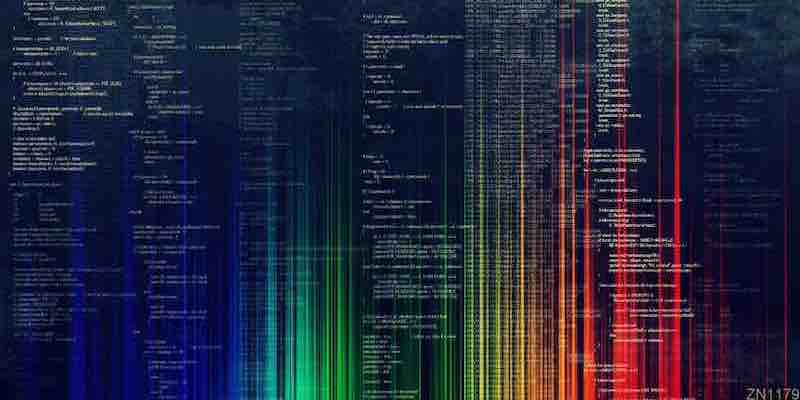Lucid Dream Startup Prophetic Develops ‘Halo’ Headset for Productive Sleep

The article from Fortune, written by Rachyl Jones, introduces an innovative venture by Prophetic, a startup that aims to transform sleep into a productive activity. Their device, “Halo,” is designed to induce lucid dreams, allowing users to engage in activities like preparing for meetings or creating projects while asleep.
Key Highlights of Prophetic’s Lucid Dream Technology
- The Concept of Lucid Dreaming: Prophetic’s Halo headset is based on lucid dreaming, a state where the sleeper is aware they are dreaming. The goal is to enable control over dreams, turning sleep time into a productive period.
- Applications of Lucid Dreaming: The technology targets professionals, including CEOs, athletes, and web designers, allowing them to practice or create while in a dream state. The possibilities are limited only by the user’s imagination.
- Existing Market and New Technologies: While existing devices, such as headbands and eye masks, claim to induce lucid dreams, Prophetic aims to offer a more effective solution. The market is interested in new technologies that promise enhanced creativity and problem-solving capabilities during sleep.
- The Halo Device: The Halo resembles a headband and works by emitting focused ultrasound beams into the brain’s region involved in lucid dreaming. These beams activate brain parts responsible for decision-making and awareness, initiating lucid dreams.
- Development and Design: Prophetic, founded by Eric Wollberg and Wesley Louis Berry III, collaborates with Afshin Mehin, who designed the Neuralink N1 device, to create the Halo. The startup has raised $1.1 million in Series A funding.
- Skepticism and Challenges: Experts like Antonio Zadra, a psychology professor specializing in sleep and dreaming, express skepticism. They note the difficulty in controlling dreams and suggest combining the device with mindfulness techniques for better results.
- Research and Future Plans: Prophetic’s product is based on research from the Donders Institute in the Netherlands. The company plans to use the institute’s studies to fine-tune the device, targeting specific brain areas with ultrasound waves to induce lucid dreams. They expect to ship devices in spring 2025, priced between $1,500 and $2,000.
Prophetic’s Halo represents a groundbreaking approach to utilizing sleep for productivity through lucid dreaming. While the technology is promising, it faces skepticism and the challenge of effectively inducing controlled dream states.
For more detailed information on Prophetic’s Halo and the concept of productive lucid dreaming, read the full article on Fortune: Lucid dream startup says you can work in your sleep.